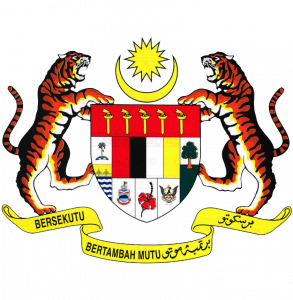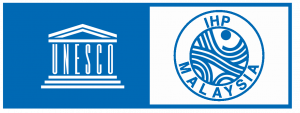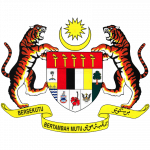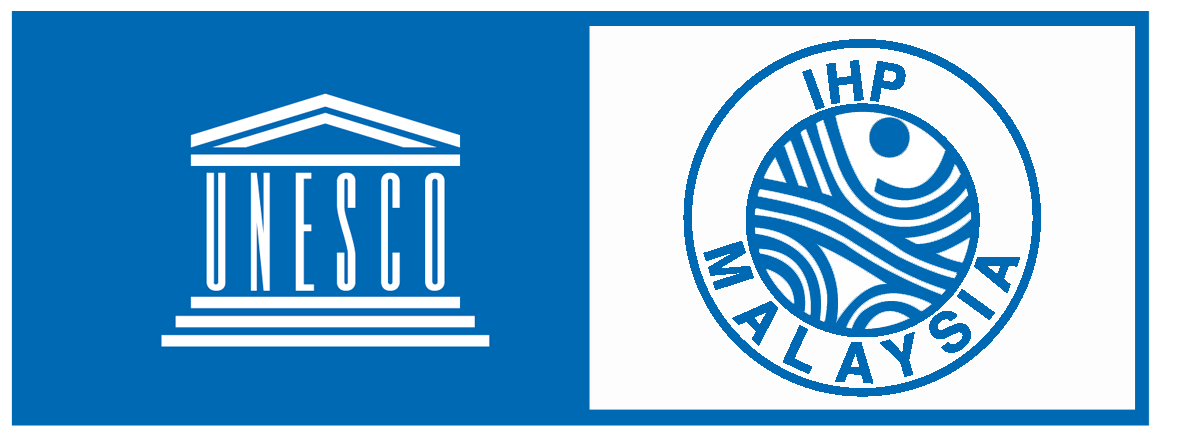HYDROLOGY RESEARCH COMMITTEE (HRC)
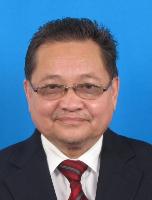
CHAIRMAN
Dr. Hj Mohamed Roseli Zainal Abidin
The Hydrology Research Committee (HRC) was established as a research and technology transfer was created to help bridge the large gap existing between scientific research in hydrology and applications for the solution of important societal problems that involve water. With each innovative idea, perspective, assembly of established ideas, or design, HRC seeks to establish the feasibility of our innovations. Many prototype systems and demonstration projects produced by HRC enhance, inspire, or form the basis of successful operational systems that preserve natural resources, further economic interests, and save lives. The hydrologic Research Committee is under the chairmanship of the Director of Humid Tropics Centre, Kuala Lumpur (HTC KL).
The research committee was established in early 1988 to cater for the country’s increasing needs in water resources and hydrological research activities following rapid socioeconomic development which has begun to exhibit negative impacts to the water resources environment.
A total of 14 governments, agencies and institutions of higher learning such as DID, PWD, DOE, DOA, MINT, UTM, UKM, UM, FRIM, ITM, USM, TNB and MARDI are involved in the various research projects conducted. With the demise of Major Regional Project (MRP) for Asia Pacific Region in 1989 and the emergence of Humid Tropics Programme (HTP) in 1990, the research subcommittee consequently assumes responsibilities for participation in HTP projects.
THE OBJECTIVE FOR THIS COMMITTEE ARE :
- To compile and disseminate information on past, current and future research projects.
- To determine research priority, type and approach.
- To disseminate research findings.
The national research activities funded under IRPA
(Intensified Research in Priority Areas) and undertaken by this Sub-committee are:
- Urban Hydrology at Damansara (Headed by DID).
- Hydrology of Small Island at Langkawi Island phase 2 (Headed by DID).
- Groundwater Contamination (headed by MINT).
- Integrated Water Use Planning and Management Model (Headed by UKM).
